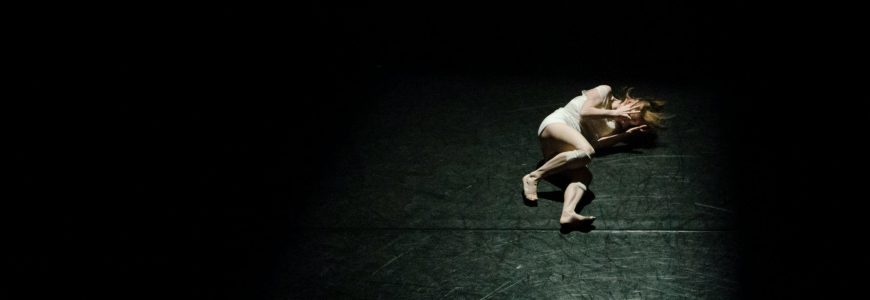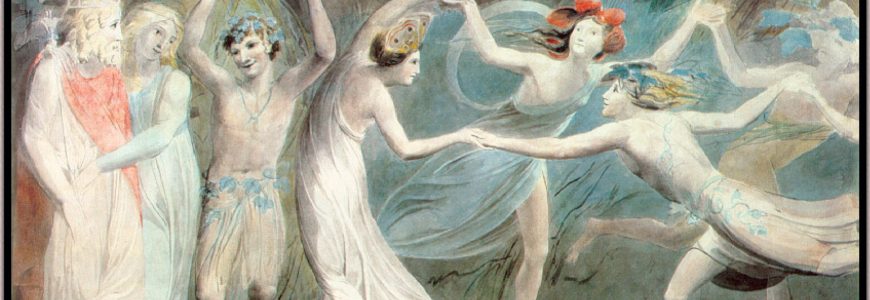Amy Tan’s Saving Fish from Drowning (2005) stands out as a novel that blends humor, social critique, and cross-cultural exploration. At its core, the book examines Western perceptions of Asia, moral responsibility, and the limits of cultural understanding, using satire and irony as instruments of reflection. By analyzing Tan’s narrative […]
Read more Moral Voyages: Satire and Western Perception in Saving Fish from DrowningPostcolonial Irony: The Western Gaze in Amy Tan’s Fiction

Amy Tan’s 2005 novel Saving Fish from Drowning is a sharp, satirical exploration of cross-cultural encounters, globalization, and Western perceptions of the “other.” Through the lens of a group of well-meaning but naïve American tourists lost in the Burmese jungle, Tan interrogates the ethics and consequences of travel, cultural misunderstanding, […]
Read more Postcolonial Irony: The Western Gaze in Amy Tan’s FictionPreserving Memory: Storytelling and Identity in The Bonesetter’s Daughter

Amy Tan’s 2001 novel The Bonesetter’s Daughter delves deeply into the interplay of memory, identity, and cultural heritage. Through the intertwined lives of Ruth Young and her mother LuLing, Tan explores how storytelling functions as a bridge across generations, a tool for preserving personal and cultural memory, and a method […]
Read more Preserving Memory: Storytelling and Identity in The Bonesetter’s DaughterMemory, Myth, and Identity: The Power of Belief in Amy Tan’s The Hundred Secret Senses

Amy Tan’s 1995 novel The Hundred Secret Senses explores the intricate tapestry of memory, myth, and identity through the lens of sisterhood and cross-cultural experience. By intertwining contemporary American life with mystical elements rooted in Chinese heritage, Tan examines how belief—whether in reincarnation, spirits, or ancestral wisdom—shapes identity and familial […]
Read more Memory, Myth, and Identity: The Power of Belief in Amy Tan’s The Hundred Secret SensesThe Burden of Secrets: Generational Pain in Amy Tan’s Novel

Amy Tan’s works have long illuminated the complexities of family, identity, and cultural heritage, often exploring the intricate relationships between mothers and daughters. Central to her narratives is the theme of secrets—those unspoken truths that traverse generations, shaping perceptions, behaviors, and emotional landscapes. Understanding how these concealed stories operate in […]
Read more The Burden of Secrets: Generational Pain in Amy Tan’s NovelSocial Forecasting: Aldous Huxley’s Lessons for Modern Society

Aldous Huxley remains one of the most forward-looking thinkers of the twentieth century. His ability to combine literary imagination, philosophical intuition, and social analysis turned Brave New World into more than a novel—it became a mirror reflecting possible futures. In today’s era of digital technologies, social networks, artificial intelligence, biotechnology, […]
Read more Social Forecasting: Aldous Huxley’s Lessons for Modern SocietyThe Magical and the Spiritual in Amy Tan’s The Hundred Secret Senses: Past Lives, “Yin Eyes,” and Cultural Memory

Amy Tan’s The Hundred Secret Senses occupies a unique place in Asian American literature. It combines elements of realism, family saga, magical worldview, and the spiritual traditions of southern Chinese folk culture. Through this blend, Tan explores how memory, heritage, and cultural identity are transmitted across generations—not only through facts […]
Read more The Magical and the Spiritual in Amy Tan’s The Hundred Secret Senses: Past Lives, “Yin Eyes,” and Cultural MemoryThe Evolution of Dramatic Structure: Classical Antiquity and Shakespeare’s Innovation

The history of world drama is a continuous dialogue between tradition and innovation. Ancient tragedians laid the foundational principles of theatre; medieval stage traditions reworked them to fit religious and moral purposes; and the Renaissance restored interest in the human being as a carrier of contradictory passions. At the intersection […]
Read more The Evolution of Dramatic Structure: Classical Antiquity and Shakespeare’s InnovationAutobiographical Motifs in Hemingway’s Novels and Stories
Ernest Hemingway remains one of the most influential writers of the 20th century, celebrated for his concise prose, psychological insight, and vivid atmospheres. One of the most striking features of his work is the interplay between his personal experiences and the fictional worlds he created. Many of his novels and […]
Read more Autobiographical Motifs in Hemingway’s Novels and StoriesFemale Solidarity and Rivalry in The Valley of Amazement: Support, Survival, and Power Among Women
Amy Tan’s The Valley of Amazement portrays a world where women navigate a society shaped by rigid hierarchies, cultural expectations, and unequal power structures. Set largely in the courtesan houses of early twentieth-century Shanghai, the novel examines how women interact with one another in circumstances that blend glamour with captivity, […]
Read more Female Solidarity and Rivalry in The Valley of Amazement: Support, Survival, and Power Among Women
